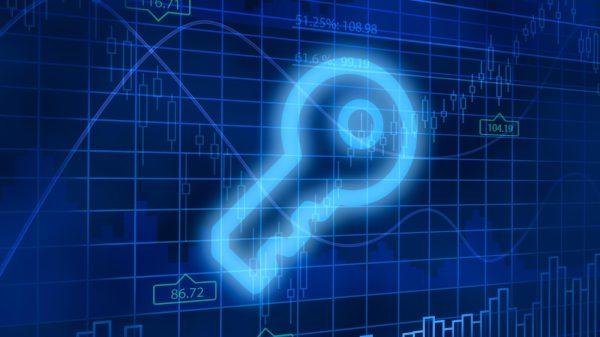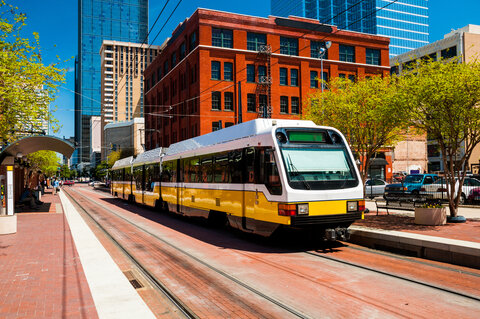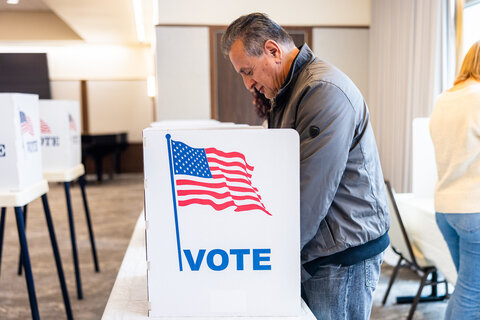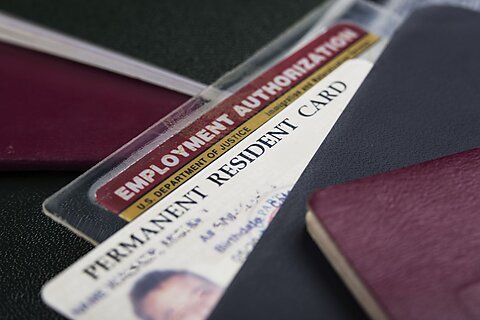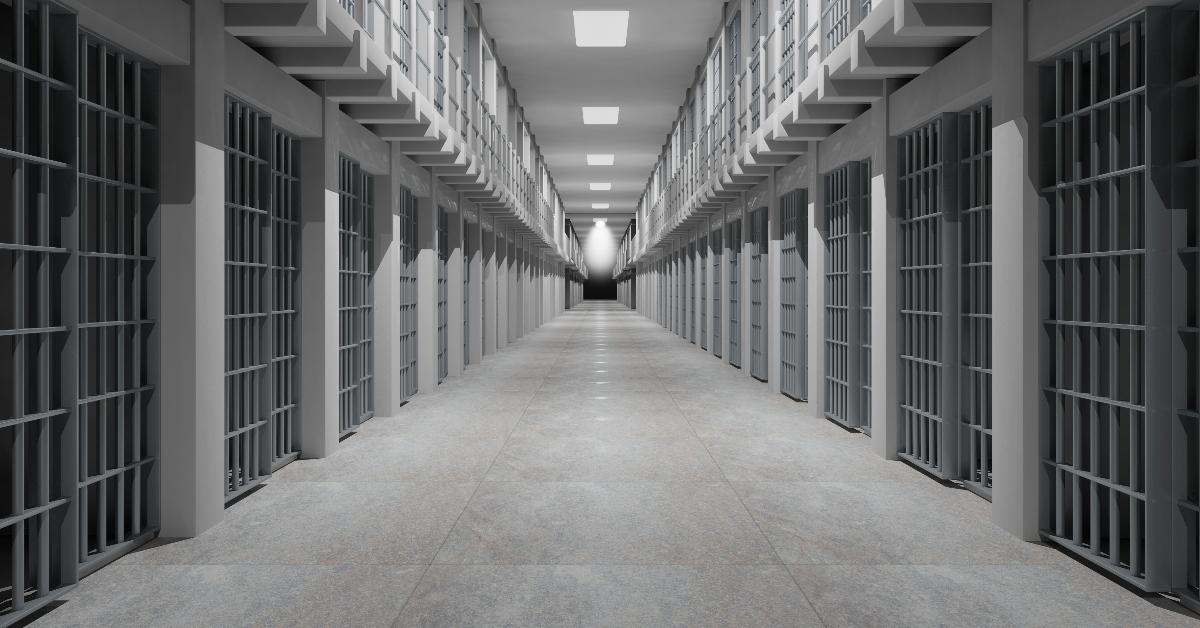Contrary to popular assertions, Ancapistan is a real place and is conventionally referred to as prison. In all seriousness, I have been living in the US federal prison system for four years now, and in many ways, prison society actually is fairly anarchic. Considering these societies (plural because prison culture is heterogeneous across geography and across institutions’ security levels) seriously should dispel any notions of humanity that could be categorized as Hobbesian pessimism.
One obvious way in which prison is libertarian is the inability to utilize the state’s traditional method of sending people to prison as a form of punishment, given that prisoners are already in prison. More generally, however, at the facility in which I reside the institution staff rarely intrude into the interpersonal affairs of the inmate population, and the latter are left mostly free to solve their problems amongst themselves without any interference from or recourse to the police. Rather than devolving into chaos and violence, everyone goes about his day trying to get along and get from one day to the next with minimal headaches.
Prison, of course, is far from devoid of politics, and some of the social structures do, in fact, resemble small governments. What makes prison societies interesting, or the particular aspect that I wish to focus on (a lot could also be said, for instance, about the lack of occupational licensing and the consequent ease with which an indigent inmate can pick up a trade), is the choice that inmates have in choosing the governance that they live under. Most significant is the ability of inmates to choose which race they run with and thus which set of rules to live under (people disaffected with their own race will sometimes “run paisa” despite not being Hispanic or speaking Spanish). But somewhat more interesting is the ability of inmates to choose which range they live on, which determines the phone that they must use.
When we got off covid restriction in 2021 it became once again necessary for the unit to determine how the phones were to be managed. It was decided amongst everyone who chose to voice his opinion that the most logical and equitable solution was to assign a phone to each range and let each range determine how its phone would be run. C range adopted probably the most fair, democratic, and incorruptible system possible: the line moves constantly counterclockwise from cell to cell, and either you get on the phone when it’s your turn, or you wait until the line comes back around to you. The fact that some people have chosen to live in other ranges solely due to their phone-related needs suggests that fairness is not always the most important feature of government to a particular person.
In A range the phone is managed by a full-time phone monitor who makes a phone list every morning. Not surprisingly, this centralization of power invites nepotism and bribery. And yet some people still prefer this system to that of C range. Centralization has costs but it also has benefits, and when a large system is decentralized, individuals can choose for themselves whether centralization on a smaller scale is worth the costs. Not everyone has a spouse who will pick up her phone at any hour of the day, and a sentient human phone monitor has the ability to organize the phone list such that accommodations are given to people who need them. And with only thirty people to a range, the phone monitor is not so remote from the people who use the phone as to effectively immunize him from any repercussions of doing his job poorly.
Four phones are hardly sufficient for 140 people, yet those people have successfully taken one of the many problems that are part of daily life in the Bureau of Prisons and solved it in a suitably effective manner. The other two phones run similarly with more or less favoritism and corruption, but in such a small group it is fairly easy to address problems and is likely that doing so won’t be completely futile. It is also a simple matter to move to a new cell on a different range if anyone ever wishes to live under a different set of phone procedures.
Inmates are humans just like everyone else (and in the feds, where most crimes are drug crimes, most inmates are about as humane as any person ought to be). When they are confronted with problems, they attempt to solve them. When they interact with each other they tend to be respectful and expect a minimum amount of respect in return. They have conceptions of morality and social norms that they live by (although these conceptions differ somewhat from those that exist outside of prison).
Most importantly, however, inmates can live together harmoniously (or at least as harmoniously as people outside of prison, perhaps more so) despite living together because they have been deemed dangers to society. In fact, I have felt a stronger sense of community in my four years detained than I ever have outside of prison.
Yes, there are fights, and once in a while there is a homicide (pretrial facilities have really high security and house low-security inmates—my intention is not to utopianize prison), just as there are outside of prison. There are also birthday parties and Christmas parties; the whole unit claps when someone gets bail or gets released. The last four years of my life have been difficult, but not because of the people I have been forced to live with. With or without a monolithic government, people will continue interacting and finding ways to get along and prosper. Although I was a libertarian before I was arrested, prison actually has given me more hope for humanity.







